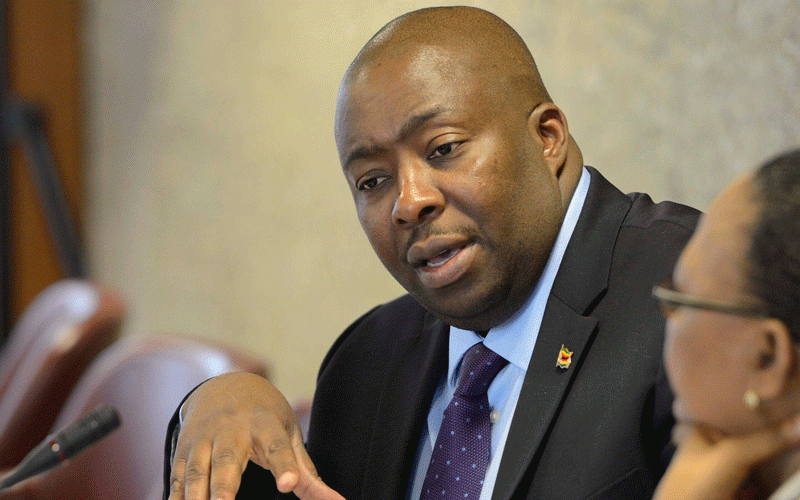
The string of court judgements delivered last week that barred some ruling Zanu PF opponents from contesting the August 23 elections put a further dent to what was already a challenging pre-election environment and they harm Zimbabwe’s reputation as a democracy.
One of the biggest victims of the courts’ interventions in the electoral disputes is former Zanu PF commissar Saviour Kasukuwere, who lost his Supreme Court appeal against a High Court ruling that barred him from running for president.
The High Court had ruled in favour of a Zanu PF activist who argued that Kasukuwere cannot be allowed to contest in the polls because he had lived outside the country for more than 18 years.
Both judgements have created controversy as they are being regarded as political in some circles.
Kasukuwere’s team says they are not giving up yet on the push for their candidate to remain on the ballot paper, but it now appears to be an uphill task given the attitude of the top courts on the matter.
The previous day, High Court judge Justice Bongani Ndlovu had ruled that 12 Citizens Coalition for Change (CCC) candidates from Bulawayo constituencies should be disqualified for filing their nomination papers after the 4PM deadline on June 21.
Ndlovu ruled in favour of the suspected Zanu PF activists despite the Zimbabwe Electoral Commision, which was cited as a respondent in the case, insisting that the candidates filed their papers on time.
CCC has since appealed against the judgement at the Supreme Court and that means its candidates remain eligible for the contest until the matter is determined.
- Chamisa party defiant after ban
- Village Rhapsody: How Zimbabwe can improve governance
- News in depth: Partisan police force persecutes opposition, shields Zanu PF rogue elements
- Chamisa chilling death threat bishop defiant
Keep Reading
There are indications that there are more than 133 election disputes that are yet to be settled by the courts and that is a serious cause for concern.
As long as the cases have not been resolved, Zec will not be able to print ballot papers for the upcoming elections and time is running out for the elections management body to put its house in order.
The court cases could be an indication of the serious need for electoral reforms to clear opaque systems that provide for loopholes to disenfranchise Zimbabweans.
For example, it is does not make sense to disenfranchise citizens because they have lived outside the country for 18 months yet they continue contributing to the country’s economy through remittances.
As the elections draw near, it is our fervent hope that state institutions will not be used to further compromise the credibility of the polls and that Zimbabweans are allowed to choose leaders of their choice.







